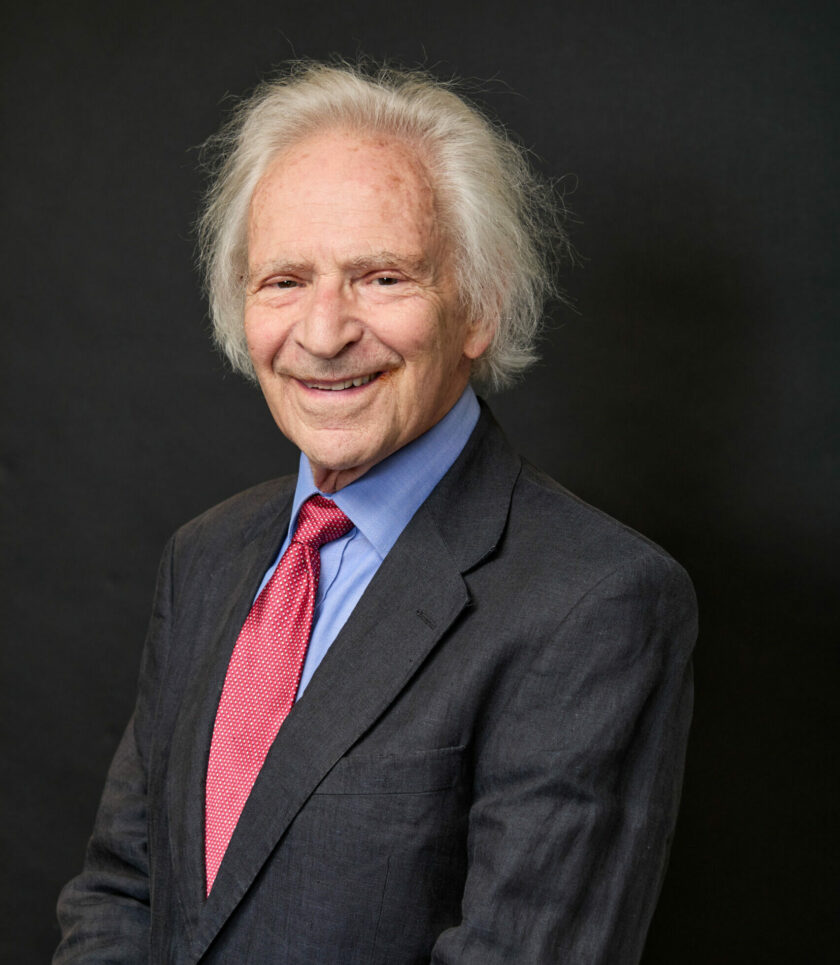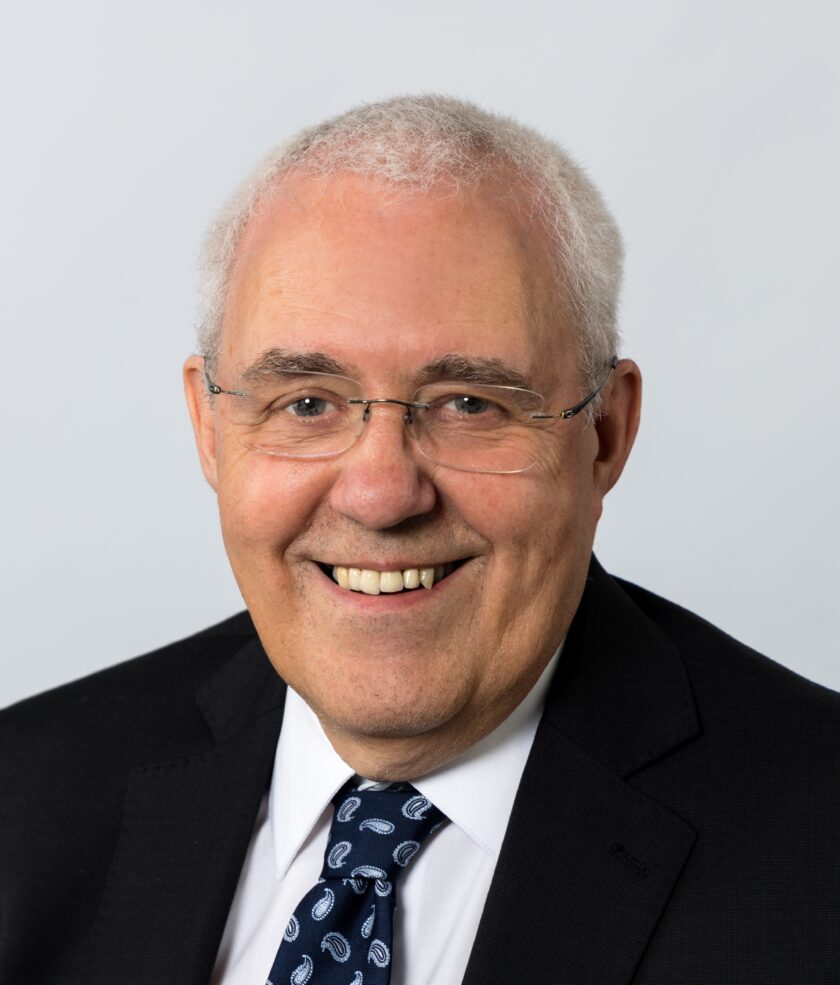The annual Royal Society Awards, which recognise exceptional research achievements, have been announced today. Of the twenty-five awards, five honour Oxford University researchers for their outstanding contributions to science and medicine, and two of these are Senior Research Fellows of Somerville.
Our SRF, Professor Sir Marc Feldmann from the Kennedy Institute of Rheumatology at the University of Oxford has been jointly awarded the Royal Medal C (Applied) alongside Sir Ravinder Maini. This recognises their ground-breaking work on the treatment of a number of autoimmune diseases, which translated laboratory research into one of the biggest success stories in modern medicine and laid the groundwork for biologics to improve the quality of life for millions of people.

Professor Feldmann’s career has focused on developing new medicines to address common unmet needs. He played an instrumental role in proposing, and then proving, that inflammation is the underlying mechanism for many autoimmune diseases. Working with his collaborator Professor Ravinder Maini, he applied this insight to identify tumor necrosis factor (TNF) as a potent target for treating rheumatoid arthritis. The breakthrough anti-TNF therapies they subsequently developed demonstrated for the first time that monoclonal antibodies could successfully treat a severe disease, and have benefitted over 10 million patients since.
Professor Feldmann is currently collaborating with colleagues worldwide on various therapeutic projects. This includes work to leverage a recently discovered repair pathway to treat tissue damage (for instance following a heart attack), and to test treatments targeting the oxidative damage that underlies many neurodegenerative diseases. Another current focus is pandemic preparedness, with Professor Feldmann helping to develop broad-spectrum anti-viral drugs, which could be effective on almost all strains of viruses such as HIV, Covid and flu.
“The Royal Medal is a high honour, as it is recognition by one’s peers, in our country. This award comes 24 years after the first major award my friend and collaborator Ravinder Maini and I received for our work on autoimmune diseases and testifies to the enduring recognition of our contributions.”
Professor Marc Feldmann
Professor Tony Bell from Oxford University’s Physics Department, who is a Senior Research Fellow and Emeritus Professor of Somerville, has been awarded the Rumford Medal for his seminal contributions to theoretical developments of cosmic ray acceleration and origins.

Professor Bell has made seminal contributions to our understanding of cosmic rays, the highest energy particles in the Universe. The most energetic cosmic rays have the energy of ‘a well-hit tennis ball’ but the origins of these and how they are accelerated to such speeds was unclear. In the late 1970s, Professor Bell was one of a number of researchers who independently developed a theory of how these cosmic rays are accelerated by shock fronts. This states that the particles in cosmic rays gain energy when they cross shock waves produced by explosive events, such as exploding stars (supernovae).
‘Shock acceleration’ is now one of the foundation blocks of high energy astrophysics, explaining phenomena in various contexts throughout the Universe ranging from the solar wind, to supernova remnants, to active galaxies powered by black holes. Professor Bell went on to explore the plasma phenomena central to shock acceleration, showing how cosmic rays themselves generate the large magnetic field needed to be accelerated to high energies.
“I am deeply honoured by this recognition of my contribution to high energy astrophysics over a period of fifty years. I am grateful to the many young researchers who have walked this path with me and made it such an enjoyable experience. I particularly thank Peter Scheuer and Malcolm Haines, my late mentors, who in my early career opened my eyes to physics as a creative endeavour.”
Professor Tony Bell
The other Oxford Scientists honoured with awards are Professor Philip Maini FRS, Professor Véronique Gouverneur, and Professor Dame Molly Stevens, DPAG. Further information about the Awards can be found on the Royal Society website.